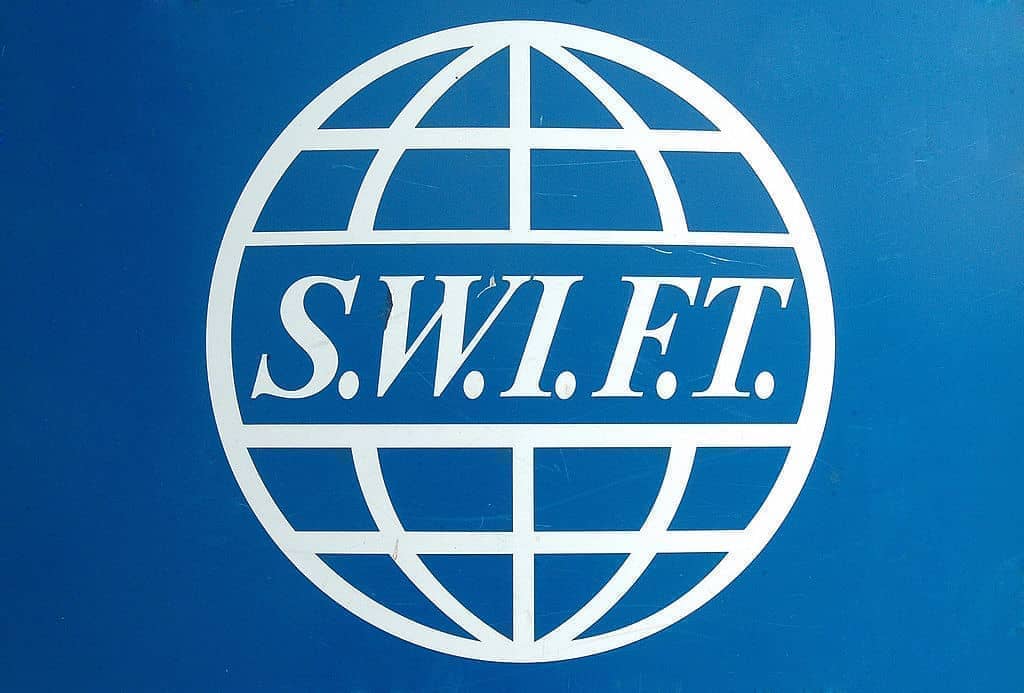‘The Russian invasion marks a turning point,’ said Olaf Scholz on Saturday as he announced that Germany would break its long-standing principle of not sending arms into conflict zones by delivering 1,000 anti-tank weapons and 500 Stinger missiles to Ukraine. ‘It is our duty to support Ukraine to the best of our ability,’ he explained.
With the halting of Nord Stream 2 and the offer of weapons, Berlin had already moved remarkably far out of its foreign policy comfort zone. Now it has gone a step further and agreed to exclude ‘selected Russian banks’ from the global payments system, Swift. It is not yet clear which banks will be targeted, which may affect the effectiveness of the sanctions.
Russia’s exclusion from Swift has been discussed for some time. The banking system acts as the world’s main financial artery, connecting 11,000 financial institutions in 200 countries. Cutting Russia out of the loop will hamper cash flow in and out of the country, limiting Putin’s ability to finance a drawn-out conflict in eastern Europe.

Get Britain's best politics newsletters
Register to get The Spectator's insight and opinion straight to your inbox. You can then read two free articles each week.
Already a subscriber? Log in







Comments
Join the debate for just £1 a month
Be part of the conversation with other Spectator readers by getting your first three months for £3.
UNLOCK ACCESS Just £1 a monthAlready a subscriber? Log in